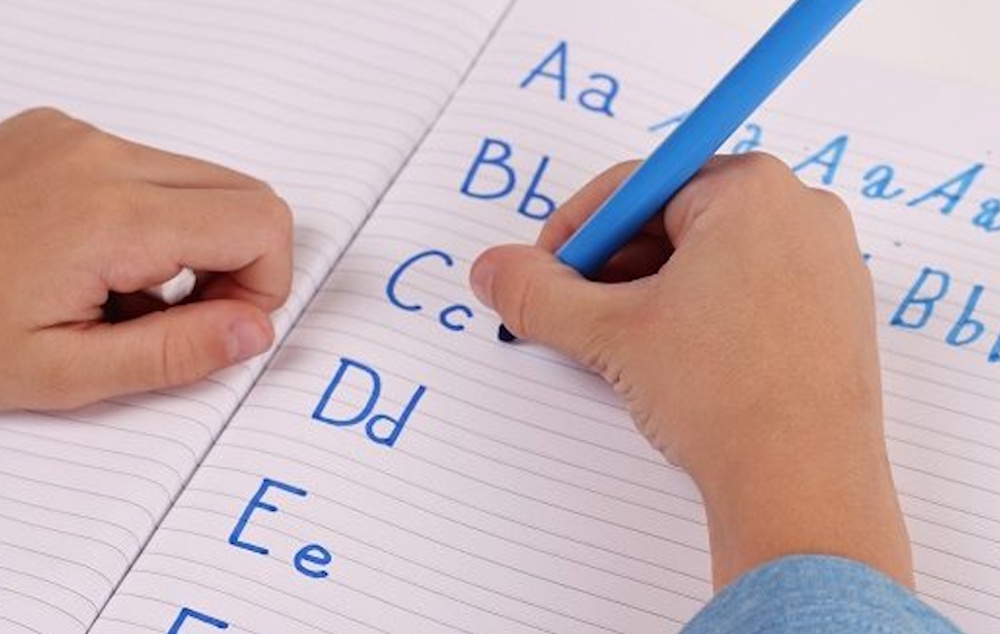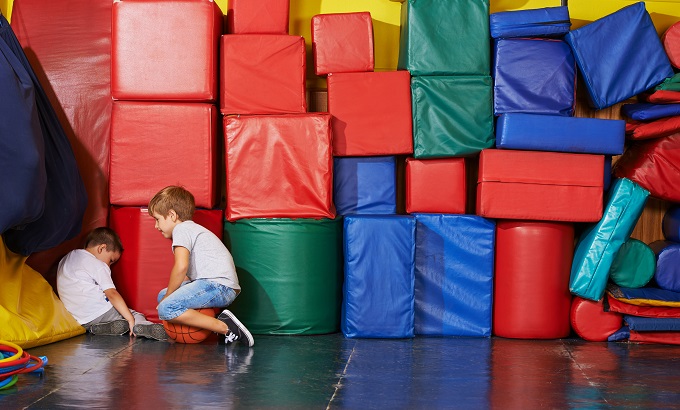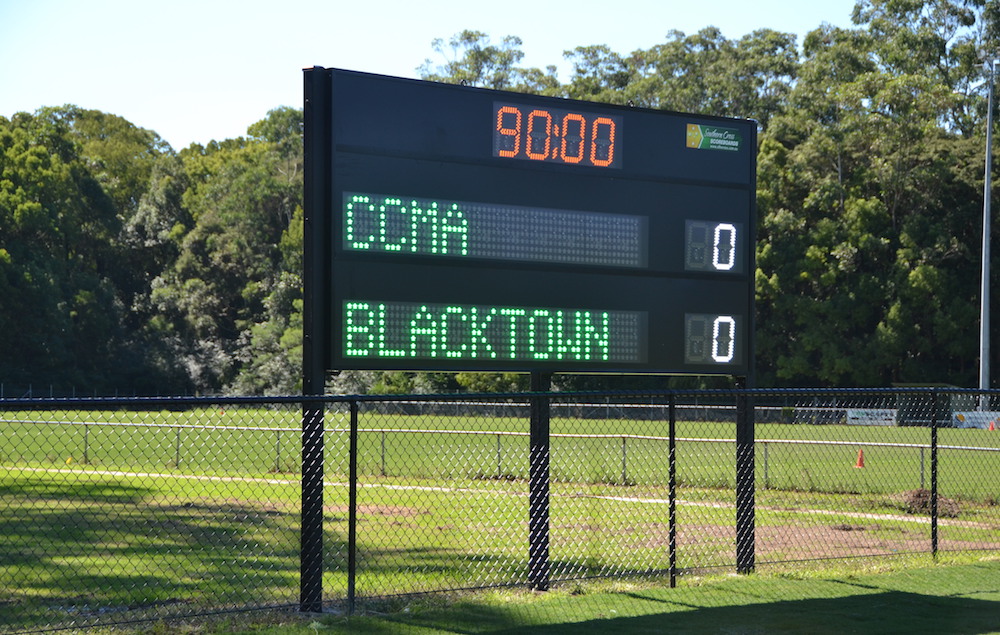
Everyone would agree that self-esteem is vital for the development and well-being of children. Having a good opinion about oneself helps children build healthy relationships with their peers, assert themselves, take healthy risks and make positive choices. Praise can be used to bolster self-esteem by validating behaviour and boosting confidence.
Read the latest print edition of School News HERE
The two main rules of effective praise are well-established:
- Praise the behaviour not the person and focus on the effort not the outcome
- Be balanced in your praise and don’t exaggerate
Yet, there are still suggestions that we’re doing it wrong, and too much praise can be just as damaging as too little for a generation of children where everyone seems to expect a prize in pass-the-parcel.
So what are some of the dangers of giving too much praise?
The normal becomes exceptional
If people are over-generous with their use of praise, children can begin to think that their normal behaviour is actually exceptional. Praising someone for behaviour that we would consider expected, such as “good boy for keeping your hands to yourself” can give children a sense of entitlement and expect praise to perform the most basic of tasks.
Loss of intrinsic motivation
When praise is over-applied, children may begin to depend on the external validation, rather than the sense of intrinsic motivation they might have had for the task in the first place.
When praise becomes the reward and the praise is stopped, the child can lose interest in the task.
Complimenting a child on their drawing or colouring between the lines or reading silently can possibly lead them to rely on the praise to feel good rather than seeking the natural enjoyment from the activity.
Pressure to please
When children are over-praised they can begin to depend on it for motivation, seeking out praise from teachers and parents in a constant search for approval, asking ‘Did I do good’, ‘did you see that?’
Children can also begin to believe their value lies in only one particular talent (such as sport or music or writing) because being told they are ‘the best’, not only compares them to every other kid on the sports field or in the orchestra, but also – in a way – limits them, by suggesting that what they did today, is the best they can achieve. Being told you are the ‘best’ also diminished every other child in the team or band.
The team member no one wants
If children are taught that success goes hand in hand with praise, we may end up with a generation of workers who need admiration to complete their job – not the type of people we want out there in the workforce.
How much is enough?
Praise can be considered like a medicine. Too little and it doesn’t have any effect, too much and there are real dangers of being poisoned.
The ‘right’ amount of praise will vary from child to child and from situation to situation. We do not want to stop encouraging children and acknowledging the effort they make, nor should parents and teachers be expected to maintain a stony silence when great breakthroughs are made. While the dangers of excessive praise are real, what is worse is abuse and neglect.
Further reading from the archives: Too much praise means students may struggle to cope with failure.







